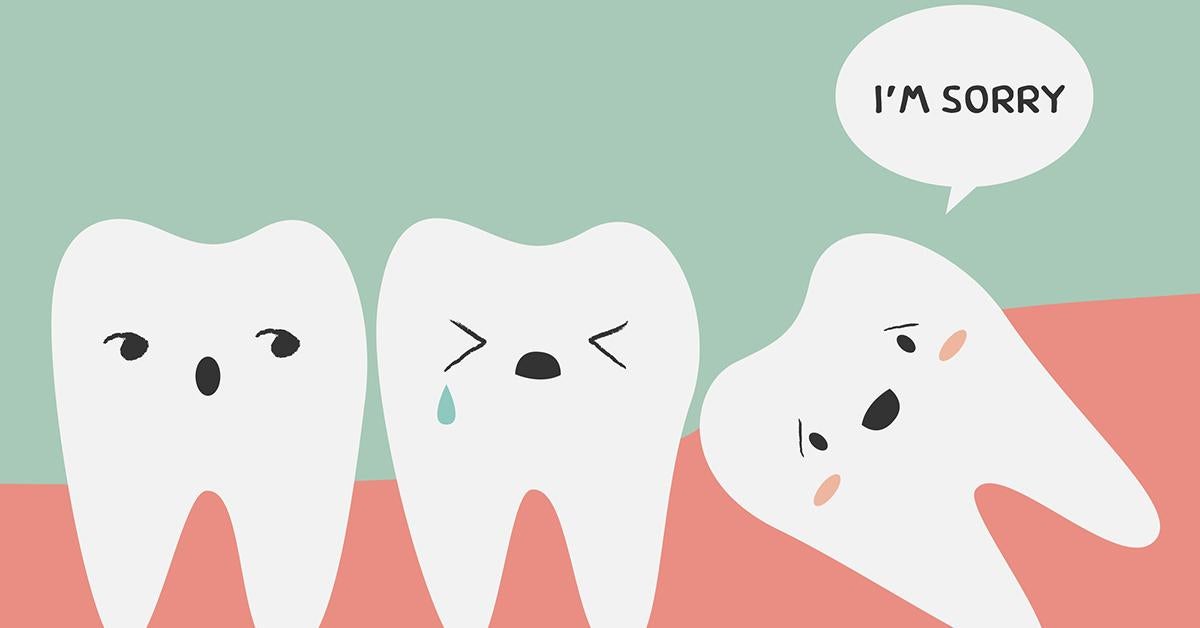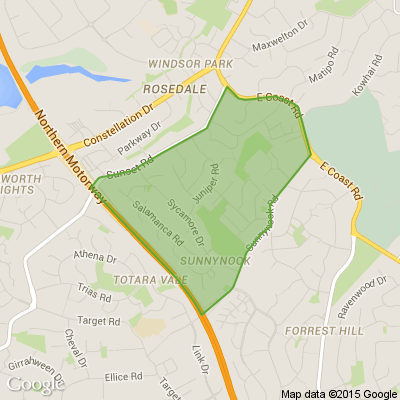What is wisdom teeth?
Wisdom teeth are the third set of molars that start to come through between 17-30 years. In some situations, this is quite troublesome and often requires urgent attention to be sort. The removal of wisdom teeth is a relatively common procedure performed by qualified and experienced dentists or oral surgeons.
You will require an examination and diagnostic tests such as X-rays or cone beam CBCT scan.
Why do I have to get my wisdom teeth removed?
Your wisdom teeth may be erupting in the wrong direction and orientation, which can damage other teeth or structures in the jaw
Your jaw may be too small to accommodate all your teeth leading to excessive crowding and therefore reducing the chance of your wisdom teeth coming through. We call this impaction— and can be potentially harmful to adjacent bone or teeth
If your wisdom tooth does not fully erupt it makes it more difficult to clean and especially bacteria that can get lodged in, causing infection
Pathology such as a cyst ( fluid-filled sac) may form around the unerupted wisdom tooth, which can lead to infection and injury to the adjacent tissues including nerves, blood vessels and bone.
There are times when it is prudent to have the wisdom teeth removed before symptoms develop. But, as with all medical procedures, its benefits must be weighed against the risks which could include complications. Your dentist would provide more information specific to you.
The Extraction Procedure
The treatment can be done pain-free by experienced clinicians possibly with only a local anaesthetic that numbs the area and stops you from experiencing any pain; however, often multiple wisdom teeth are being extracted at one visit and other additional options such as sedation or a general anaesthetic may be administered. Your dentist can discuss what type of anaesthesia that's best for you before the procedure.
After the Procedure
The recovery period after wisdom tooth surgery lasts between 1 to 7 days depending on the severity of the procedure and the patient’s own biological and physiological response. During this time, your rest and nutrition is advised to encourage healing. Taking regular pain medication as prescribed. It's normal to experience some bleeding at the surgical site. However soon after the surgery, this is usually controlled by apply gentle pressure by biting with guaze pads and avoiding rinsing or spitting. Also lying with the head elevated rather than flat. In the first 24 hours after the procedure, the use of ice packs on the side of the cheek of the procedure for a few minutes at a time may help reduce swelling. Rinsing the mouth with warm salt water several times a day can also help relieve discomfort and keep the wounds clean.
You should keep up with nutrition and eat soft foods for a few days after the extraction and then progress to a normal diet as tolerated.
Continue brushing carefully and follow up with your dentist is important if there are any concerns.

Tips on Choosing the Right Mattress Size for Quality Sleep Every Night
When it comes to getting a good night's sleep, the right mattress size plays a crucial role.
You might have heard myths about beds and frames and which size suits you.
Today, we're here to demystify these myths and provide a size-by-size comparison to help you find the perfect fit for your needs.
Finding the Perfect Fit
Selecting the right mattress size is akin to finding the perfect fit in a world of options.
Much like trying on clothes or shoes, your mattress size should cater to your individual needs and preferences.
Let's explore some key factors to consider when finding the perfect fit for your mattress:
1. Personal Preferences.
Consider your sleeping habits and personal space preferences.
Do you like to sprawl out or curl up?
Are you a solo sleeper, or do you share the bed with a partner, kids, or pets?
Understanding your personal preferences is essential in determining the ideal mattress size.
2. Bedroom Size.
Take the dimensions of your bedroom into account when choosing a mattress size.
A spacious bedroom can accommodate larger mattress sizes, whereas smaller bedrooms may require more compact options to ensure ample space for movement and furniture placement.
3. Sleeping Partners.
If you share the bed with a partner, consider their sleeping habits and space requirements.
A larger mattress size, such as a queen or king, provides ample space for both individuals to move comfortably without disturbing each other's sleep.
What Size Should You Get?
Let's break it down size by size:
Single Mattress (91cm x 188cm). Ideal for kids' rooms, guest rooms, or small bedrooms. A single mattress is also a good option for individuals who prefer sleeping alone and value space conservation.
Double Mattress (137cm x 188cm). Also known as a full-size mattress, this option offers more room to stretch out than a single mattress. It's suitable for couples who like to snuggle or for individuals who appreciate extra space.
Queen Mattress (153cm x 203cm). The queen mattress is one of the most popular choices for couples. It provides ample space for two people to sleep comfortably without feeling cramped. It's also a great option for individuals who enjoy sprawling out.
King Mattress (167cm x 203cm). The king mattress offers the most space out of all the standard sizes. It's perfect for couples who want plenty of room to move around or for families who like to co-sleep with young children or pets.
Choosing the Perfect Mattress Size for Your Sleep Needs
Mattress sizes can vary around the world, which can sometimes lead to confusion. In New Zealand, we follow standard sizes such as single, double, queen, and king.
However, it's essential to consider your personal preferences and the dimensions of your bedroom and furniture when choosing a mattress size.
Selecting the right mattress size is crucial for a good night's sleep.
By understanding the differences between single, double, queen, and king mattresses, you can make an informed decision that meets your needs and preferences.
At Beds4U, we're committed to helping you find the perfect mattress size.

Poll: Should all neighbours have to contribute to improvements?
An Auckland court has ruled a woman doesn’t have to contribute towards the cost of fixing a driveway she shares with 10 neighbours.
When thinking about fences, driveways or tree felling, for example, do you think all neighbours should have to pay if the improvements directly benefit them?

-
82.4% Yes
-
15.1% No
-
2.5% Other - I'll share below
Live Q&A: Garden maintenance with Crewcut
This Wednesday, we are having another Neighbourly Q&A session. This time with John Bracewell from Crewcut.
John Bracewell, former Black Caps coach turned Franchisee Development Manager and currently the face of Crewcut’s #Movember campaign, knows a thing or two about keeping the grass looking sharp—whether it’s on a cricket pitch or in your backyard!
As a seasoned Crewcut franchisee, John is excited to answer your lawn and gardening questions. After years of perfecting the greens on the field, he's ready to share tips on how to knock your garden out of the park. Let's just say he’s as passionate about lush lawns as he is about a good game of cricket!
John is happy to answer questions about lawn mowing, tree/hedge trimming, tidying your garden, ride on mowing, you name it! He'll be online on Wednesday, 27th of November to answer them all.
Share your question below now ⬇️








 Loading…
Loading…













